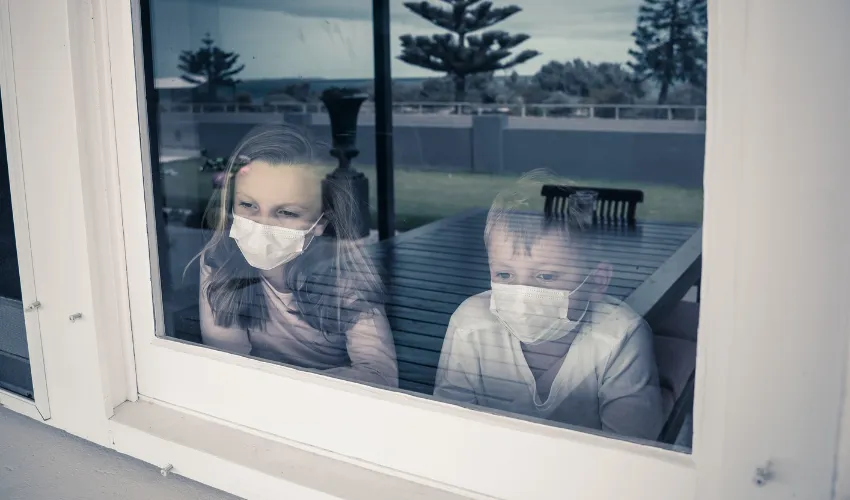
The Cost of the Pandemic? It's the Young Who Footed the Bill
The lockdown policy has left its strongest marks on young people and children, as any parent or teacher can tell you. From this observation, Vincenzo Galasso, Professor of Political Economy, started investigating the policy choices of the Italian government during the pandemic and their consequences on young people.
Was it really right to shut down schools and what will be the long-term effects of that decision? What kind of job market are you Italians looking at in the post-Covid phase? How should we use the EU recovery funds to bring the Italian school system back to the European level? The analysis of these issues is collected in the book Gioventù smarrita (Lost Youth, Egea), which contains an explicit criticism of what happened in the hardest months of the pandemic.
"The Italian narrative of the emergency was false, useless and dangerous", summarizes Galasso. "False because it indicated young people as infectors and the elderly as victims despite the data showing that the main places of infection were hospitals and nursing homes and certainly not schools. Useless because it was proven that young people were already among the most careful in following the health rules, unlike other age groups. And dangerous because it did not consider the damage it would inflict on a delicate demographic by closing schools for a longer time than in any other country".
The suspension of in-person teaching activities is at the center of a chapter where the correlations between that policy choice and other social variables are analyzed. For example, Galasso finds an inverse correlation between lockdown and female employment: where labor participation is higher, school closures have been shorter, and vice versa. "But we also hypothesize a relationship with the PISA tests carried out on 15-year-olds: the countries that have the best results are the ones where it was decided to close for a shorter time, while in nations were mathematical preparation was already found lacking, more prolonged shutdowns went into effect, as if education had been accorded less importance", says the professor.
The repercussions on the world of work are inevitable, such as, for example, the scarring effect, according to which young people who enter the labor market after a recession are locked into lower wages and fewer rights for the rest of their careers. But the damage can also be measured in terms of non-renewed short-term contracts or by the impossibility of creating a network of professional relationships.
Are we still in time to find remedy for this? "Thinking about Next Generation EU funds", replies Galasso, "we propose changes to combat early school leaving and academic dropping out. For example, we envisage the introduction of the role of 'school facilitator', who has the task of recovering the 15-year-olds who have left high school".